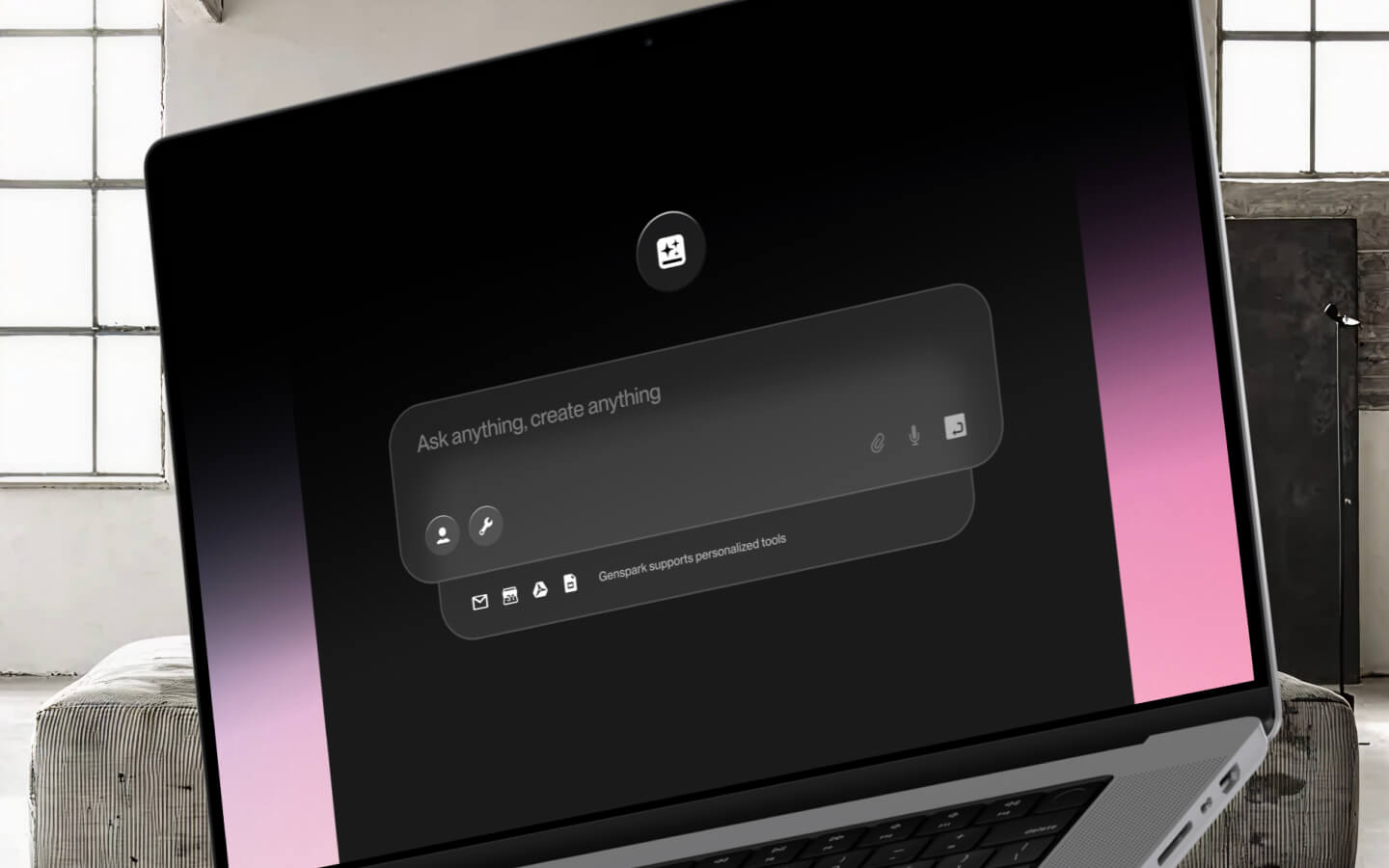The past few years saw massive venture fundraising and skyrocketing valuations for software companies. It benefited companies that could grow quickly, even if that early growth was not correlated with long-term defensible value. The period rewarded founders if they focused almost exclusively on revenue growth, and the resulting fundraising success that came with it. With the recent economic downturn and slowing pace of fundraising, most founders are struggling through this rapid adjustment from Fear of Missing Out (aka FOMO) to just plain Fear. The reality is that FOMO sucks for making long-term decisions.
It seems the resounding message to founders during this time has been to extend your runway and weather the storm. But time and time again, we’ve seen that bold leaders and companies are hardened in bad markets, and massively accelerate in good ones. The common thread is they never let FOMO take hold. Instead, they were driven by an internal conviction that they were on the right track.
The impact of 2021’s fundraising pace
In 2021 alone, North American investors put an unprecedented $108.5 billion into early-stage startups in Series A and B deals. This is in sharp contrast with today’s VC pullback. According to data from PitchBook, venture deals have decreased by 47% from the peak in 2021 to the end of June 2022.
Over the last few years, many founders were required to keep “winning elections” (raise capital) instead of “governing” (build to last). And it makes sense; when you have to go from one fundraise to the next every six to 12 months just to keep up with others in your market, it’s incredibly difficult to step back and build deep conviction about your dent in the universe.
Today, some of our best CEOs are actually breathing a sigh of relief because they don’t feel they need to keep up with the Joneses. To put it simply: Founders and investors can act less impulsively now and focus on building bold businesses that will stand the test of time.
Why FOMO shortens the lifespan of your company
In both life and business, we make rash decisions when we’re captivated by FOMO. “Herding around certain [ideas] allows you to combat the fear that everyone else might be betting on the winner while you’re not,” said Stanford finance professor Peter DeMarzo.
When everyone is building something in a hot industry or product area, it’s easy to feel pressure to do the same. In reality, FOMO-driven decision-making will shorten the lifespan of your company. How? Building a company is long-term work that requires long-term thinking. Though an idea or space may be "hot" today, today's hotness is often a poor indicator of what will matter five to seven years from now.
Even in today’s down market, customers are still looking for new ways to compete and save money. One of the major differences is that the market is less noisy with the decline in startup funding. This more focused environment gives you a unique opportunity to test the market and see if your products truly move the needle for your core customers.
It’s counter-intuitive, but when the market is good, founders and investors are tempted to take less risk because money is flowing—why bet on “different” when “same” attracts equal capital. But when times are more difficult—like they are today—bold solutions will stand out.
You’re not alone: Some of the most iconic public software companies started in (or were hardened by) similar economic environments
We know that many startup founders today haven’t led through this kind of market. The good news is that this is not the first time SaaS founders have built their companies amid downturns and recessions.
Every major success we’ve seen as a firm started when the idea, strategy, or industry was not hot. Renting software? Crazy idea at the time. Building another video communication tool? Nobody thought they needed it. Creating software for a single vertical? The market is too small. Yet all of these investments paid off because each of these founders focused on building something that most people thought would not work.
This is why we believe that in order to build for the long haul, founders today need to forget FOMO and focus on building something bold. As investors, we recommend that you avoid the herd and forget what you had to do to keep up with your peers before. Yes, you still need to control burn, extend your runway, and take good care of your existing customers. But take time to think about what you could be doing that’s different from the rest of your market.
How Zoom, Veeva, and Salesforce avoided FOMO and built lasting public companies
Zoom is the perfect anti-FOMO case study. In 2009, at a time when Zoom founder Eric Yuan could have latched onto the bandwagon of the day, he spent two years under the radar building the underlying platform for Zoom.
At the time, very few people thought this was a good idea. “Everyone told me I was crazy and that the world did not need another video conferencing solution. A VC even told me that he’d have a check for me if I built something else,” said Eric. Despite the negative signals and external pressure to pivot, Eric kept working on a massive problem he knew existed, and that he could uniquely solve. The result is Zoom, spending only $9M to bring the world together and achieve an annual run rate of over $4 Billion.
For Veeva, the strategy was slightly different. Founded in 2007, founder and CEO Peter Gassner built Veeva during a market collapse. Instead of going broad and following the common VC wisdom of trying to sell to multiple verticals, Peter built the Veeva platform to target a single vertical. At the time, nobody thought it was a big idea but Peter was driven by the concept of doing something nobody else was doing. “You have to pick something that most people think is going to fail to become an outlier,” said Peter. Today, Veeva has an annual revenue runrate of over $2 billion, and consumed only $3 Million before reaching cash flow positive.
In a similar vein, Salesforce.com founder Marc Benioff used the bursting of the Internet bubble as a moment to take a step back. After raising $65 million before the bubble burst, Marc was hesitant to raise more money in a down round. He downsized marketing and sales and had conviction that his revolutionary model of delivering software as a service (vs. one-off large contracts) would win in the long run. This model turned out to be a better way for customers to survive a recession and paved the way for the Cloud software era.
Closing thoughts
Each of the companies mentioned above built iconic software businesses because they chose a different path and didn’t follow the herd. Founders, take this time and think about what you can do within your own companies to embody this advice. It’s time to leave FOMO behind.


